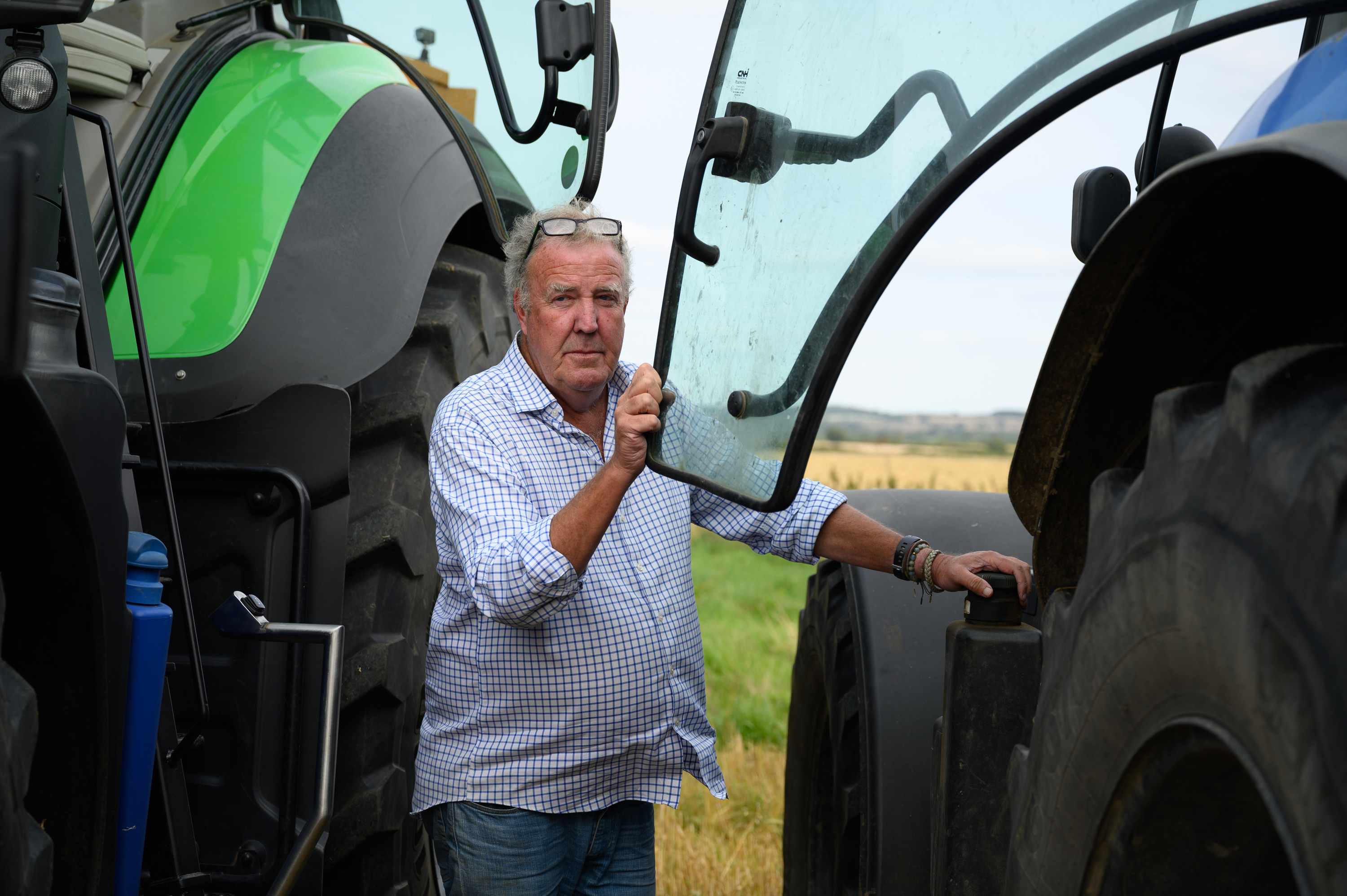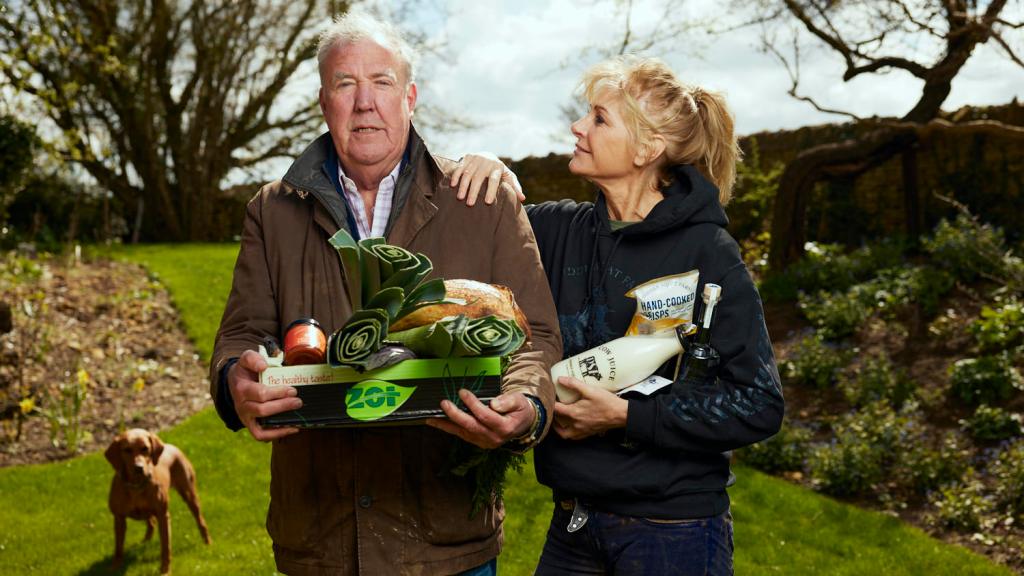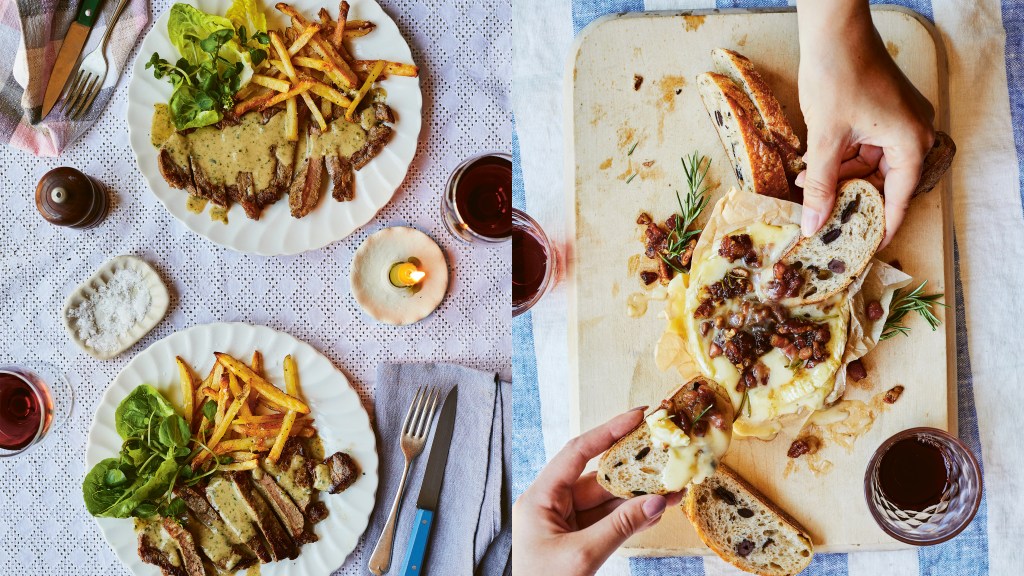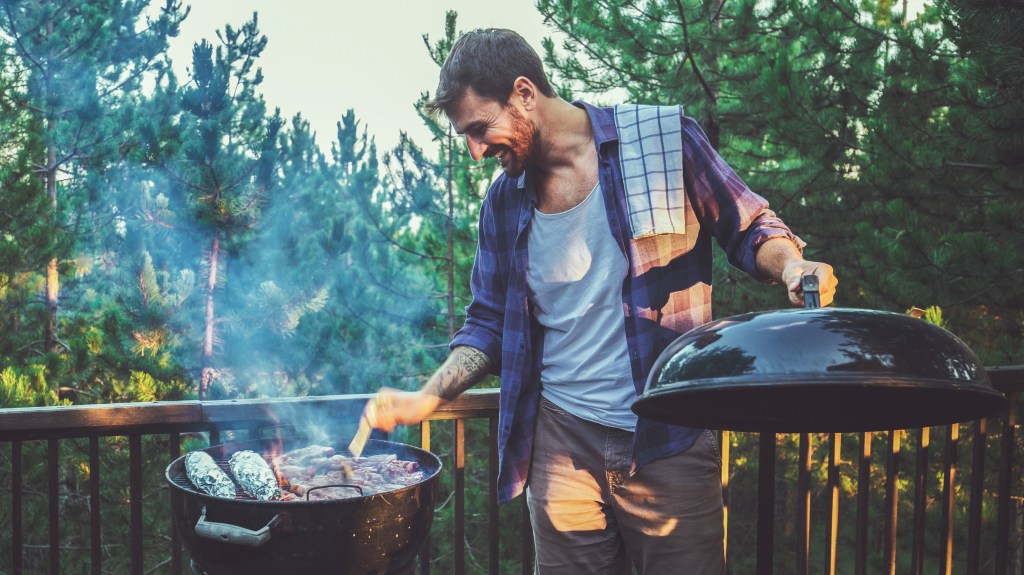The Impact of Clarkson’s Farm: Inspiring a Surge in British Produce Purchases
The term “Clarkson effect” previously referred to the significant influence a review on Top Gear could have on a car’s sales. A sharp critique, like Jeremy Clarkson’s infamous remark about finding “more attractive gangrenous wounds” than a particular vehicle, could drastically alter sales figures.
Now, however, British agriculture is witnessing its own version of the Clarkson effect, and this time, the outcome is decidedly favorable.
According to Waitrose, the television series Clarkson’s Farm, which launched its fourth season recently, has led to a marked increase in demand for locally sourced produce. The supermarket reported a staggering 193 percent rise in sales of British thick-cut sirloin steak compared to the previous year, alongside an 89 percent increase in Jersey Royal new potatoes.
Sales of British cheese are experiencing a boom as well, with red Leicester cheese seeing a 50 percent rise and organic Duchy mature cheddar up by 78 percent. Furthermore, demand for Cox apples surged by 52 percent, while Gala apples increased by 30 percent. Additionally, early British asparagus recorded a 25 percent increase in sales.
Waitrose attributed this surge in interest to popular farming programs, including Clarkson’s Farm on Prime Video and ITV’s Jimmy and Shivi’s Farmhouse Breakfast, which are encouraging consumers to support local farmers and opt for seasonal produce.

According to Jake Pickering, head of agriculture at Waitrose, these farming shows provide entertainment while prompting the public to consider the realities of British farming and the challenges that farmers face. He noted that customers are increasingly expressing a desire to support UK producers.
Increased Awareness of Farming Struggles
British agriculture has faced numerous challenges in recent years, many of which Clarkson has highlighted in his characteristic style. His Diddly Squat Farm, like many others in the region, has been affected by erratic weather patterns. For instance, heavy rain during the first season caused waterlogged fields, leading to delayed planting and crop damage. Additionally, Clarkson’s attempt to cultivate oilseed rape was thwarted by flea beetle infestations, worsened by the ban on neonicotinoids.
A recurring theme in the show is Clarkson’s navigation through the complex regulations surrounding modern farming, including issues related to hedgerow preservation and biodiversity policies.

Clarkson expressed his frustrations in a recent interview, stating, “People think farming is about caring for the land, but it’s mainly about filling out paperwork related to crop planting and dealing with regulations.” He has criticized policies as being overly influenced by environmental advocates in urban areas.
Despite his critical tone, Clarkson’s experiences have garnered greater sympathy for farmers. Emilie Wolfman, a trends analyst at Waitrose, remarked that there is a noticeable shift in consumer behavior, with more individuals consciously choosing British-grown products, reflecting a deeper connection to the origins of their food.
Growing Trend Towards Local Produce
The “farm-to-fork” movement is gaining traction among chefs and food influencers. For instance, chef and farmer Julius Roberts uses Instagram to promote British produce, sharing recipes such as British asparagus puff tarts with his 1.2 million followers. Meanwhile, food influencer Seb Graus, who has 480,000 followers, showcases seasonal recipes featuring asparagus, leeks, and peas.

New establishments focused on British ingredients are opening regularly. Among these is chef Stevie Parle’s Town restaurant in Covent Garden, which features sustainable British dishes like potato bread with wild-farmed beef dripping.
Fourth-generation Herefordshire beef farmer Ian Farrant believes that Clarkson’s show has had a remarkably positive effect on British agriculture. He observed that prior to Clarkson’s Farm, television portrayals of farming were largely polarized between idyllic small farms and large commercial operations. Clarkson’s unique perspective reveals the challenges faced by many small family-run farms that strive to remain profitable.
Clarkson himself expressed his satisfaction with the show’s influence, commenting that it makes him “feel warm and fuzzy”, and he hopes this trend continues.




Post Comment